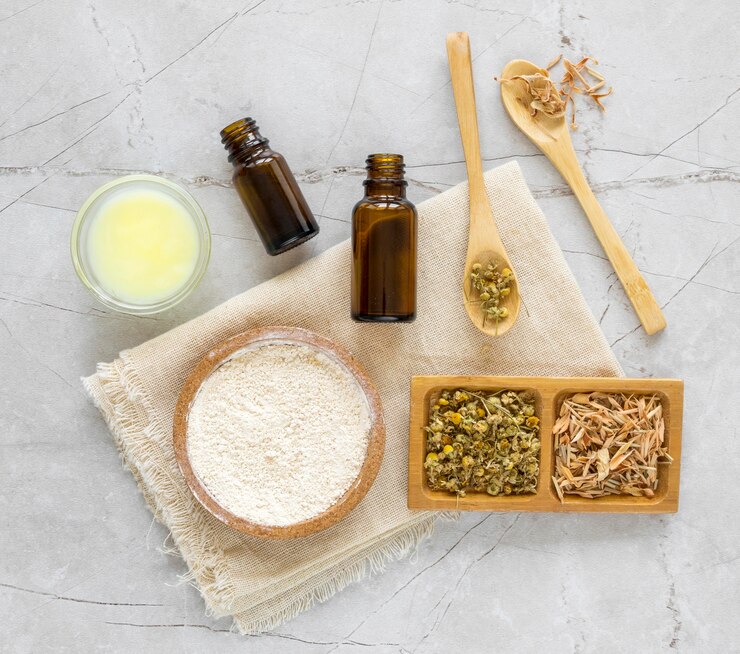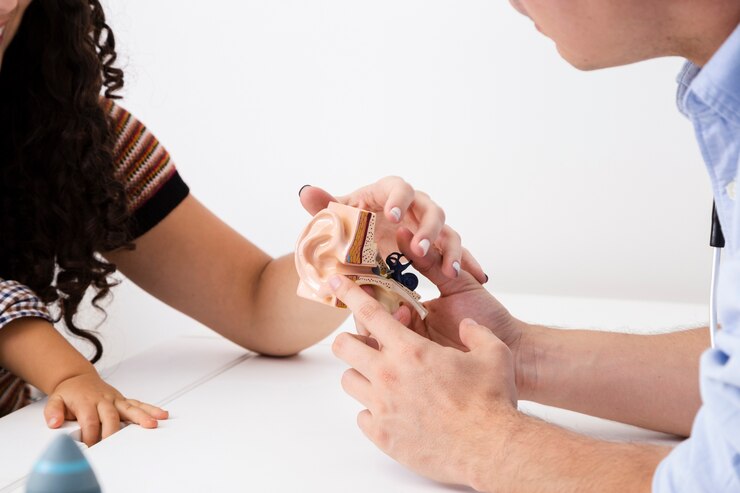
The connection between stress and skin issues is well-known, and you’ve probably experienced it yourself, which is why you’re here! Stress can contribute to problems like premature aging, eczema, acne, and rosacea by negatively affecting your skin.
**How are stress and skin connected?**
When we experience stress from things like tight deadlines, traffic, or financial concerns, our body reacts as if facing a more immediate threat, like a wild animal. Our brain detects stress, triggering the sympathetic nervous system and releasing cortisol, a stress hormone from our adrenal glands. Our skin has receptors for cortisol, leading to noticeable changes.
**How stress indirectly impacts the skin**
*Impairs Digestion*: Cortisol shifts blood flow to the brain, arms, and legs rather than to the digestive system, suppressing digestion and nutrient absorption, which are essential for healthy skin. Stress can also slow gut movement, potentially causing constipation that worsens skin conditions. Constipation can lead to bloating, gas, and discomfort due to toxin and hormone reabsorption.
*Affects Sleep*: Stress and anxiety often disrupt sleep quality, causing trouble falling asleep, staying asleep, or leading to insomnia. Adequate sleep is vital for reducing inflammation and maintaining healthy skin. Research published in the Journal of Clinical and Experimental Dermatology indicates that 7-9 hours of sleep enhances skin moisture, healing, and protection. Moisturized skin is essential for dealing with rosacea, eczema, and acne.
*Increases cravings for refined carbs and sugars*: Ongoing stress may lower serotonin levels, contributing to depression. Serotonin is crucial for mood regulation, sleep, and appetite. When serotonin is low, cravings for refined carbs and sugar can increase, seeking a temporary mood lift. Unfortunately, sugar can boost inflammation and trigger oil and sebum production, worsening acne. Stress often leads us to forgo other healthy habits, such as home-cooked meals, outdoor walks, sunshine exposure, exercise, and movement—all essential for skin health.
**Reducing stress to improve your skin**
Eliminating stress entirely isn’t realistic, but focusing on reducing its impact can benefit both your skin and overall well-being. While stress management is vital, skin health also requires balanced nutrition, helpful natural supplements, and organic skin care free of hormone disruptors.
Prioritize stress management to benefit your skin and overall health. Living a stress-free life is nearly impossible, so make yourself a priority and take steps to manage stress. Your skin—and your entire body—will thank you!
**Wishing you healthy skin!**
Thank you so much for these insights on stress and its effects on the nervous system. Your advice and mindfulness practices arrived at just the right time for me and my son, who is in university and dealing with summer courses. Stress has worsened his cystic acne, and although he was initially hesitant, he found your article enlightening and helpful.
We are grateful for the knowledge you share, which we consistently apply with positive outcomes. Thank you again!
I’m pleased you shared this with your son and hope it provided valuable insights. Understanding the link between stress and skin issues helps in managing them better. I hope it brings him some relief!


